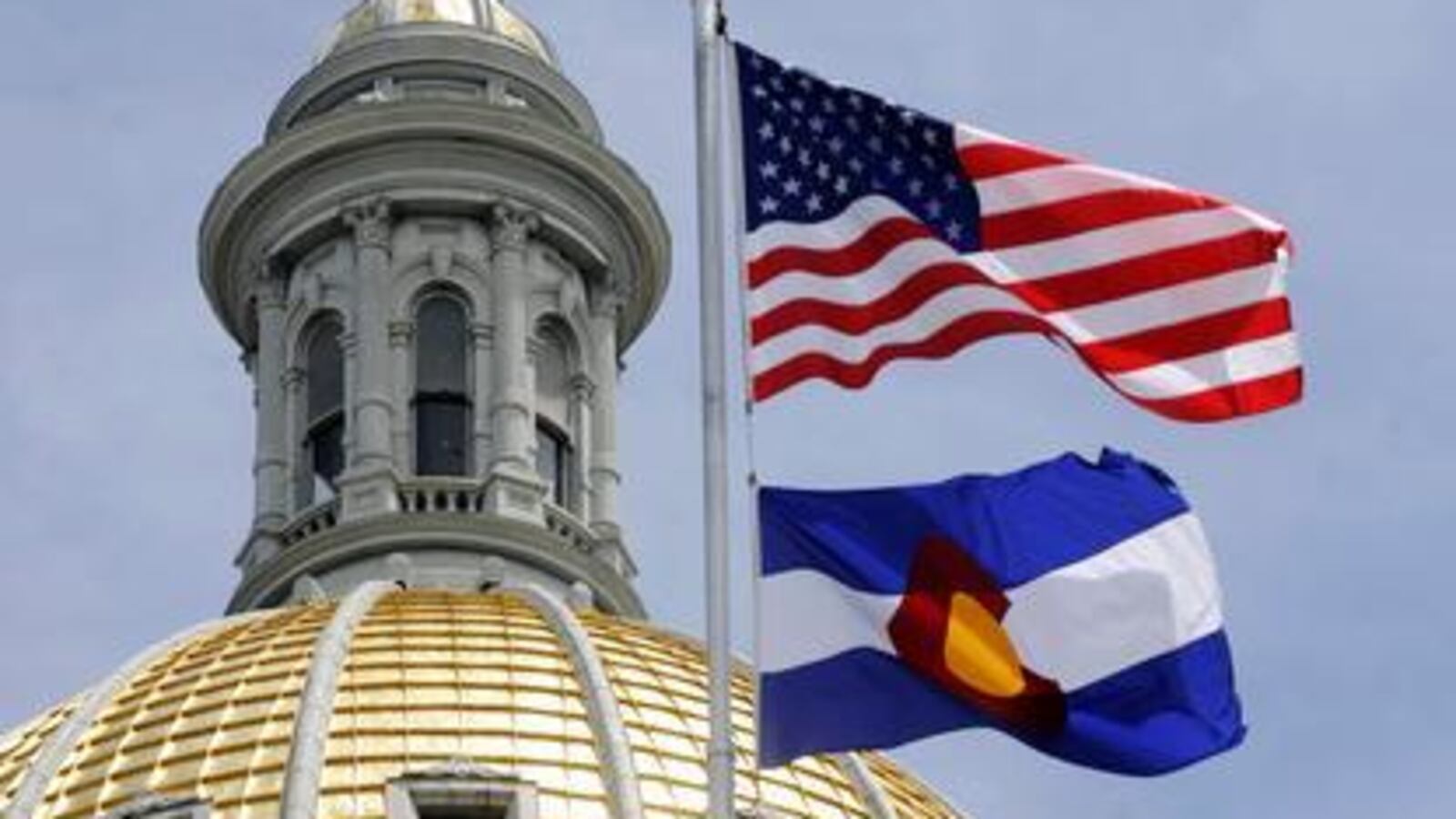Colorado schools would fare slightly better than expected next school year under a budget approved Thursday by a key legislative committee, although the prospect of balancing the larger state budget with this proposal for education was described as “grim.”
The proposed budget sets aside $5.7 billion for education, including $4.2 billion from the general fund. Per student funding is similar to what Gov. John Hickenlooper proposed in his budget, increasing by about $178 compared to the current school year.
The budget presented Thursday to the Joint Budget Committee requests about $140 million for total education dollars more than the governor’s request and doesn’t rely on tax hikes used in that proposal.
The budget was crafted using December projections of local revenue and is likely to be adjusted as the full state budget is crafted.
The governor’s budget request, introduced in November, included an increase in the negative factor — the difference between what the state’s funding formula calculates schools should get and what the state actually gives schools.
The recommendation from the budget committee staff keeps that shortfall flat, in order to follow law set in the funding bill approved last year that dictated there be no increase in that gap for the 2017-18 school year.
If legislators find they need to give less money to schools so they can pay for other state budget priorities, they would also need to draft and pass a bill to reverse that law.
The total education funding includes a recommendation to allocate almost $9.7 million to expand a grant program to hire health professionals including nurses, psychologists or counselors in schools to help prevent substance abuse. That grant program is funded by marijuana revenues from the prior year.
The committee will have a separate meeting in a few weeks to talk specifically about marijuana revenues.
In the governor’s request, an increased marijuana tax would be used to bring in new money for education. Craig Harper, chief legislative analyst for the budget committee, raised concerns about that proposal but reassured the committee that the grant program funding was different.
“If it’s really an uncertain source of revenue, then using it for a grant program where the state can really turn off the tap is probably a lower-risk proposition,” Harper said.

